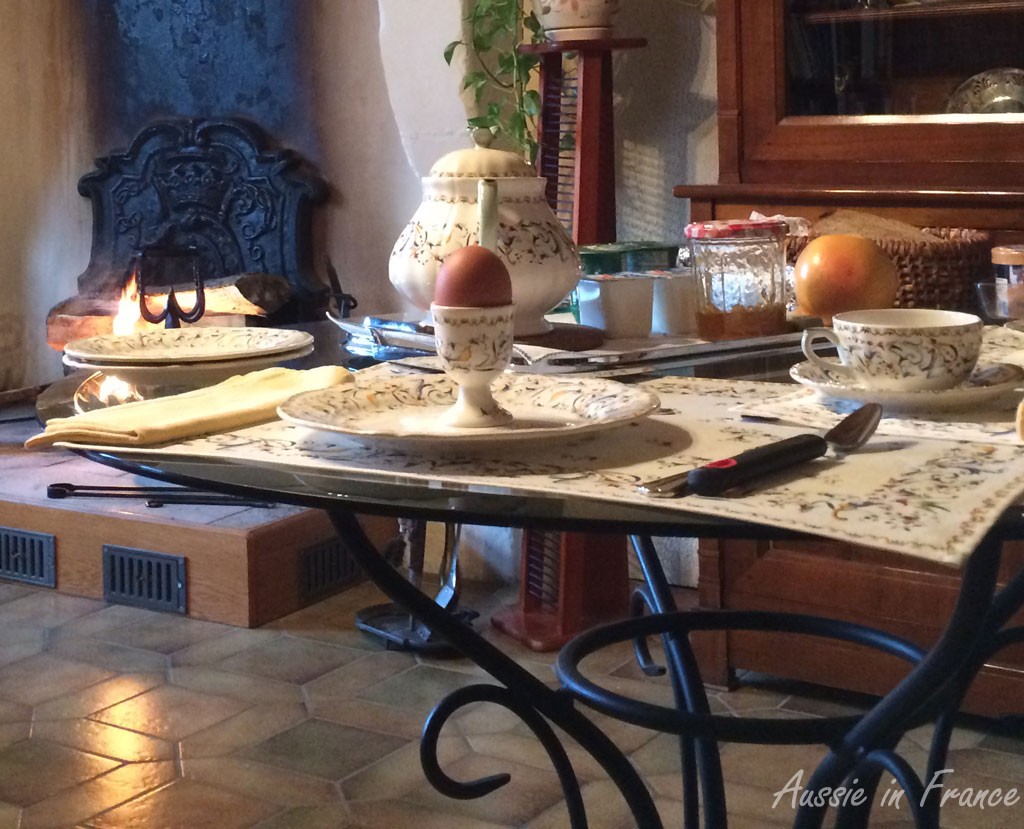You’d wonder why “go cook yourself an egg” would have the meaning of “get stuffed” or more politely “go jump”, wouldn’t you? I googled it and am not convinced by any of the explanations.

You can insult someone by calling them an egg: Quel œuf ce type as in “What a blockhead”. In this case, I guess it refers to a person’s egg-shaped head. An egghead, as we understand it in English, however, is an intello! Quite a different concept.
Very boringly, everyone seems to put their eggs in the same basket – mettre ses œufs dans le même panier Now, I wonder which came first, the chicken or the egg ? or as the French say, c’est l’œuf et la poule.
And what do you think the English equivalent is of Il est à peine sorti de l’œuf i.e. he’s only just come out of the egg?
We can have our eggs scrambled (brouillés), soft-boiled (à la coque or mollet), hard-boiled (durs), fried (sur le plat or au plat) or poached (pochés). An egg-flip is a lait de poule (literally hen’s milk which sounds a bit odd). Who would have guessed that one ?
Surprisingly, an egg-timer is minuteur or sablier (hour-glass – from sable = sand) with no reference to eggs at all.
However œufs de lump are lump-fish roe (useful, that one) and œufs en chocolat or de Pâques are chocolate or Easter eggs (now, that’s better).
Un blanc d’œuf is an egg white and un jaune d’œuf is a yolk. Nothing fancy there. Les blancs battus en neige are stiffly-beaten egg whites (neige = snow).
Just one more – our very colourful expression “to egg on” comes out in French as pousser à or inciter à.
Do you have any more eggy expressions in English or in French ? And if you have a good explanation for the origin of “va te faire cuire un oeuf“, I’d love to hear it!



